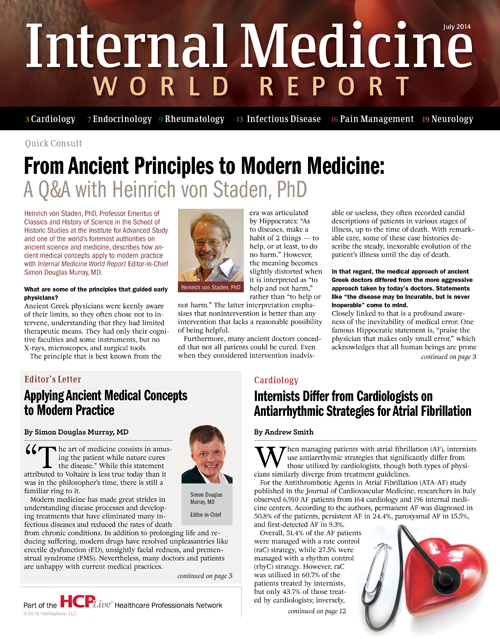Metformin Inappropriately Prescribed to Older Diabetics with Chronic Kidney Disease
Clinicians must anticipate changes in kidney function during acute illness and surgical procedures, as well as frequently reassess metformin use in older patients, since kidney function declines predictably with age.

Metformin, a first-line pharmacological treatment for type 2 diabetes mellitus (T2DM), has been associated with reduced cardiovascular mortality and less weight gain compared to other treatments. Nevertheless, lactic acidosis is an infrequent yet severe complication of metformin treatment, since the drug is eliminated exclusively through the kidneys.
Due to that risk, clinicians have been advised to reduce metformin doses as glomerular filtration rate (GFR) declines and discontinue the drug entirely in cases of severe renal failure. Unfortunately, many patients continue to receive metformin inappropriately, as clinical studies have indicated that up to one-quarter of patients receive metformin despite active contraindications such as chronic kidney disease (CKD).
To identify potentially inappropriate metformin use, researchers from the University of Washington and Veterans Affairs Puget Sound Health Care System in Seattle evaluated CKD prevalence in older adults who are prescribed metformin for T2DM and applied available measures to estimate the patients’ kidney function.
Over a one-year period, the researchers conducted a cross-sectional analysis of 356 adults aged ≥65 years who received care at an urban tertiary-care facility. The investigators defined CKD using National Kidney Foundation Kidney Disease Outcomes Quality Initiative (NKF KDOQI) criteria and calculated creatinine clearance using the Cockcroft-Gault equation. In addition, they estimated GFR using the abbreviated Modification of Diet in Renal Disease (MDRD) and CKD Epidemiology (EPI) Collaboration equations.
The researchers found more patients were considered to have CKD (23.7%) based on the Cockcroft-Gault equation compared to the abbreviated MDRD (21.1%) or CKD-EPI (21.7%) measures. Overall, approximately 31% of the study subjects reportedly experienced stage 3 or more severe CKD.
In the study, those aged older than 75 were 10% more likely to have CKD and concurrent metformin prescriptions. Additionally, women were more than twice as likely as men to receive potentially inappropriate metformin prescriptions due to CKD, though non-Hispanic Black subjects had decreased odds of potentially inappropriate metformin.
The researchers concluded that no single equation for estimating kidney function accurately identifies CKD in the elderly. Thus, they urged clinicians to anticipate changes in kidney function during acute illness and surgical procedures, as well as frequently reassess metformin use in older patients, since kidney function declines predictably with age.
